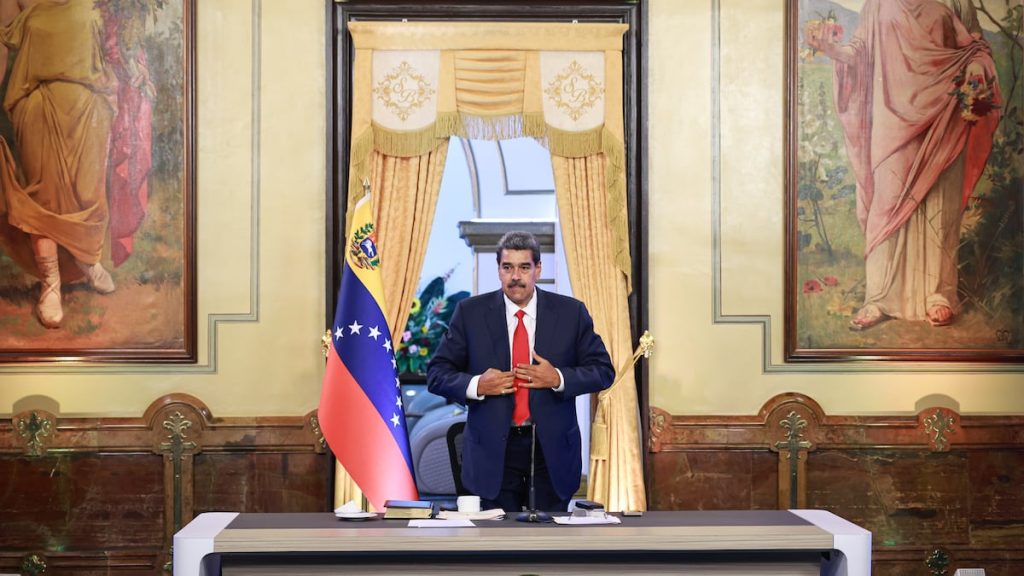The diplomatic tensions between Venezuela and Spain have escalated following the exile in Madrid of opposition figure Edmundo González Urrutia. The Venezuelan government, led by Nicolás Maduro, has called for its ambassador in Madrid, Gladys Gutiérrez, to be summoned for consultations. In addition, they have summoned the Spanish ambassador in Caracas, Ramón Santos, to a meeting at the Ministry of Foreign Affairs. These actions came after Spanish Minister of Defence, Margarita Robles, referred to the Maduro government as a “dictatorship” due to the exile of millions of people. Foreign Minister Yván Gil criticized Robles’ comments as “insolent, intrusive, and rude”, expressing concern about the deteriorating relationship between the two countries.
The tension between Venezuela and Spain further intensified after Spanish Prime Minister Pedro Sánchez welcomed González Urrutia to La Moncloa, the seat of the Spanish government. Recently, the Spanish Congress approved a motion urging the government to recognize González Urrutia as the legitimate president-elect, casting doubt on the results of the elections that saw Maduro proclaimed as the winner. Independent observers and even the chief electoral officer have raised concerns about potential electoral fraud. In response to the Congress’ vote, Jorge Rodríguez, head of the National Assembly and a close ally of Maduro, called for a complete severance of diplomatic, commercial, and consular relations with Spain, urging the expulsion of all Spanish government representatives. Despite these heated demands, diplomatic relations have not been formally severed.
In a bid to ease the crisis, Spanish Minister of Economy, Trade, and Enterprise, Carlos Cuerpo, urged for calm, highlighting the potential impact of a suspension of commercial relations with Venezuela. Currently, around 60 Spanish companies operate in Venezuela, including oil giant Repsol, which recently signed agreements in the country. Moreover, over 136,000 Spanish citizens reside in Venezuela. Cuerpo expressed a commitment to protecting Spanish businesses and investments, seeking to maintain predictable relations for their interests. The economic ties between the two countries, along with the significant Spanish expatriate community in Venezuela, underscore the importance of finding a resolution to the escalating diplomatic tensions.
The exchange of harsh rhetoric between Venezuelan and Spanish officials has prompted concerns about the future of their bilateral relations. Gil’s labeling of Robles’ comments as intrusive and intrusive reflects the deepening divide between the two countries. The sharp response from Rodríguez, advocating for a complete rupture of ties with Spain, reveals the heightened emotions surrounding the situation. Despite these tensions, efforts have been made to prevent a complete breakdown of diplomatic and economic relations, with Cuerpo emphasizing the importance of protecting Spanish interests while navigating the current crisis.
The diplomatic standoff between Venezuela and Spain underscores the broader challenges facing the Maduro government in its international relations. The support for González Urrutia from Spanish authorities highlights growing international recognition of the opposition’s legitimacy, further isolating Maduro’s government. The calls for a peaceful resolution and the protection of economic interests reflect the complexities of balancing political tensions with economic considerations. Moving forward, finding a diplomatic solution that addresses the concerns of both countries will be essential to prevent further escalation of the conflict. As tensions persist, the international community will be closely monitoring the situation and seeking ways to promote dialogue and de-escalation between Venezuela and Spain.


